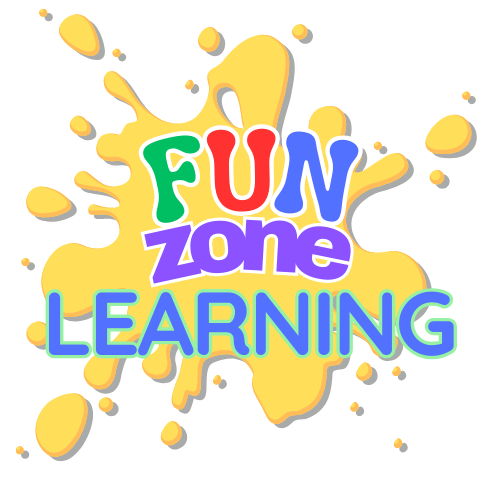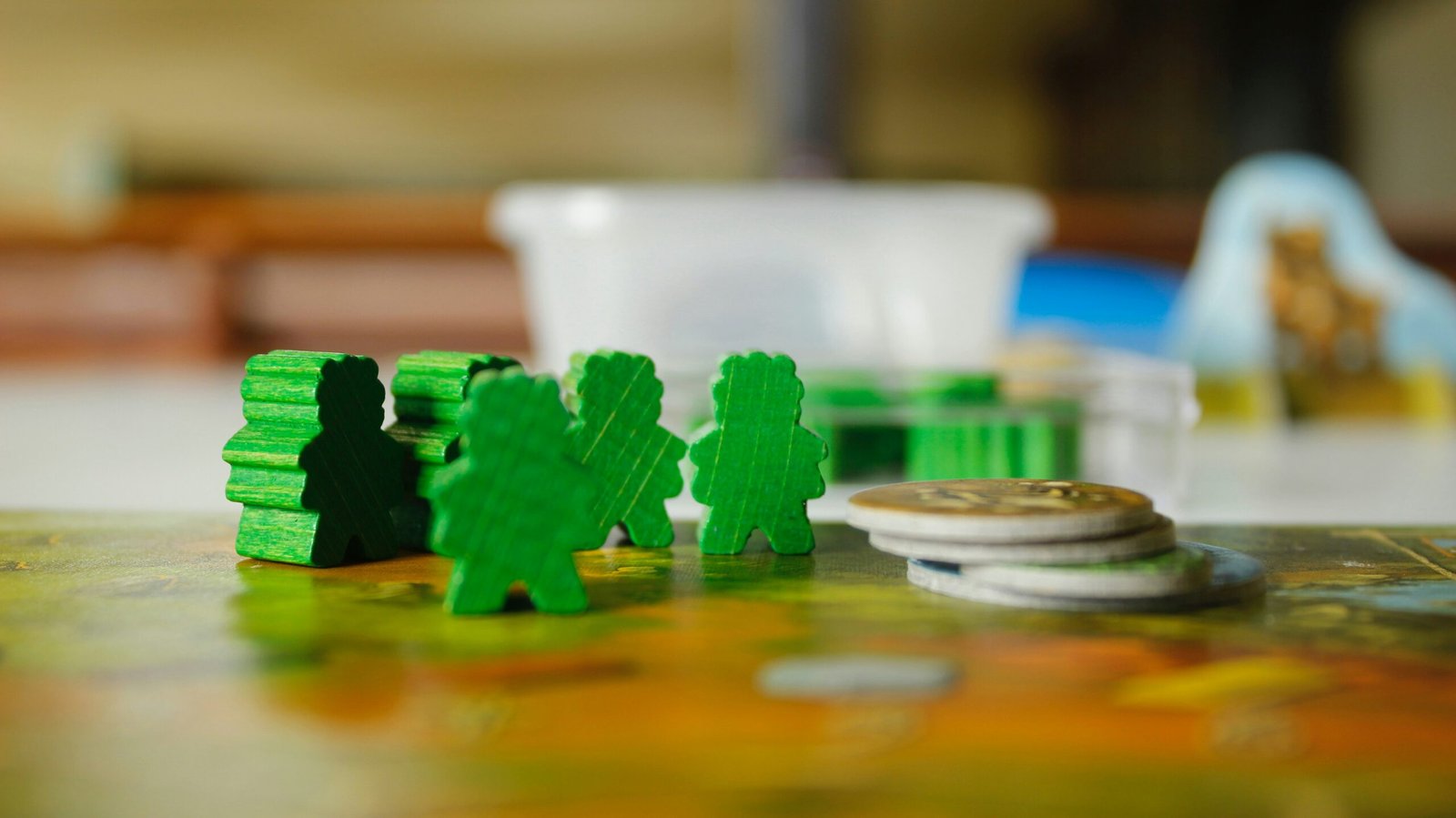
Strategic Thinking and Planning
Playing UNO is not merely an exercise in luck; it involves a considerable amount of strategic thinking and planning. Each player must carefully assess their hand of cards, taking into account not only their own position but also the moves and potential strategies of their opponents. In this way, UNO serves as a practical platform for developing robust decision-making skills. Players are encouraged to think multiple steps ahead, weighing their options before deciding which card to play. This form of strategic planning is vital in many real-world contexts, especially in areas such as business and personal relationships.
The game also emphasizes the importance of adaptability. Throughout the course of play, the dynamics can shift rapidly based on a card that has been played or an unexpected action from an opponent. Players must remain flexible in their thinking, adjusting their strategies to suit the evolving situation on the table. This ability to adapt is a crucial skill not only in gameplay but also in everyday life where circumstances can change unexpectedly. Understanding how to quickly reassess a situation and formulate a new plan enables players to navigate challenges more effectively.
Moreover, the competitive nature of UNO encourages individuals to enhance their analytical skills. Players engage in constant analysis of both their own and their opponents’ cards, deducing which cards remain in play and what their opponents might be holding. This skill in analysis fosters a keen awareness of context and influences, which is essential for developing foresight and strategic oversight in various arenas beyond the game itself.
Ultimately, the skills gained through playing UNO—strategic planning, adaptive decision-making, and analytical thinking—have valuable applications that extend far beyond the game, contributing to personal growth and effective problem-solving in everyday situations.
Social Interaction and Communication
UNO is more than just a card game; it serves as a dynamic platform for fostering social interaction and enhancing communication skills among participants. As players engage with one another, they naturally develop verbal and non-verbal communication cues. The verbal aspect typically includes expressing intentions, making requests, or negotiating strategic plays, while non-verbal communication can manifest through gestures, facial expressions, and body language. This duality makes UNO an excellent tool for individuals looking to improve their overall social skills.
While engaging in a game of UNO, players often find themselves in situations that require negotiation and persuasion. For instance, players may need to convince their teammates of the best moves or how to collectively strategize against a leading opponent. The ability to articulate thoughts clearly and persuasively can effectively lead to favorable outcomes, which not only benefits the game but also enhances interpersonal skills that are transferable to everyday life scenarios.
Moreover, UNO games, particularly in team variants, promote a sense of teamwork. Successful collaboration in such versions requires players to engage in dialogue, share insights, and create group strategies, cultivating an environment of trust and mutual respect. This emphasis on teamwork reinforces the value of sportsmanship, as players learn how to celebrate their own victories with humility while also supporting fellow players, whether they win or lose. The social aspects of playing UNO encourage players to navigate a variety of social dynamics, therefore sharpening their abilities to conduct themselves appropriately in group settings.
In conclusion, the social interaction and communication skills acquired through playing UNO have significant implications. The game not only entertains but also serves as an invaluable resource for enhancing interpersonal relationships and promoting effective communication in diverse environments.
Problem-solving Skills
Playing UNO is not merely an exercise in luck; it is an engaging activity that requires players to sharpen their problem-solving skills. As the game progresses, participants continually assess the changing dynamics, weighing their options and decisions based on the current state of play. Each round presents unique challenges that require critical thinking and strategic planning. Whether it is deciding which card to play or predicting the moves of opponents, players are compelled to think on their feet.
For instance, when faced with a limited hand of cards, one must evaluate the possible outcomes of each choice. Should a player hold onto a powerful card for potential future use, or should they play it immediately to maximize the chance of winning in the current round? Each decision made in the game impacts not only the player’s own chances but also those of their opponents. This necessitates a keen awareness of the competition, fostering an environment where quick thinking and adaptability are paramount.
Furthermore, the social aspect of UNO adds an additional layer to problem-solving. Collaborations, alliances, or rivalries can form during gameplay, based on the players’ actions. A successful player must navigate these interpersonal dynamics while finding innovative ways to outmaneuver opponents. Developing strategies that allow one to anticipate the decisions of others is crucial in enhancing one’s problem-solving acumen.
In essence, the ever-changing nature of UNO challenges participants, encouraging them to solve problems creatively and efficiently. By honing these skills, players not only elevate their game but also cultivate valuable life skills transferable to diverse scenarios beyond the table. As a result, the practice of playing UNO can significantly enrich an individual’s cognitive toolkit, particularly in the realm of problem-solving.
Emotional Regulation and Patience
Playing card games such as UNO can elicit a wide range of emotions, from exuberant joy during a victory to deep disappointment when losing. This emotional spectrum presents a unique opportunity for players to engage in emotional regulation, a crucial skill in both personal and social contexts. As participants navigate the highs and lows of the game, they must learn to manage their reactions and maintain composure, which ultimately enhances their emotional intelligence.
One of the fundamental lessons learned from playing UNO is the importance of patience. The game requires players to wait for their turn while observing the actions of others. This wait can often feel long, especially when emotions are heightened. Learning to practice patience during these moments is essential, as it teaches individuals to control impulsive reactions and think strategically about their next move. In a world where immediate gratification is often expected, cultivating patience through games like UNO can provide significant benefits in daily interactions and decision-making processes.
Moreover, dealing with unexpected outcomes, such as a sudden change in the game’s direction due to a challenging card played by an opponent, serves as a powerful lesson in coping with disappointment. Participants experience firsthand how to manage feelings of frustration and disappointment, leading to enhanced resilience. Recognizing that not every situation will end in success helps players develop a more balanced perspective on outcomes and teaches them to accept setbacks gracefully.
By honing these skills of emotional regulation and patience through UNA, players not only enhance their gaming experience but equip themselves with invaluable tools applicable in various aspects of life. These lessons contribute to a deeper understanding of the significance of emotional control, making UNO a rich avenue for personal development.





